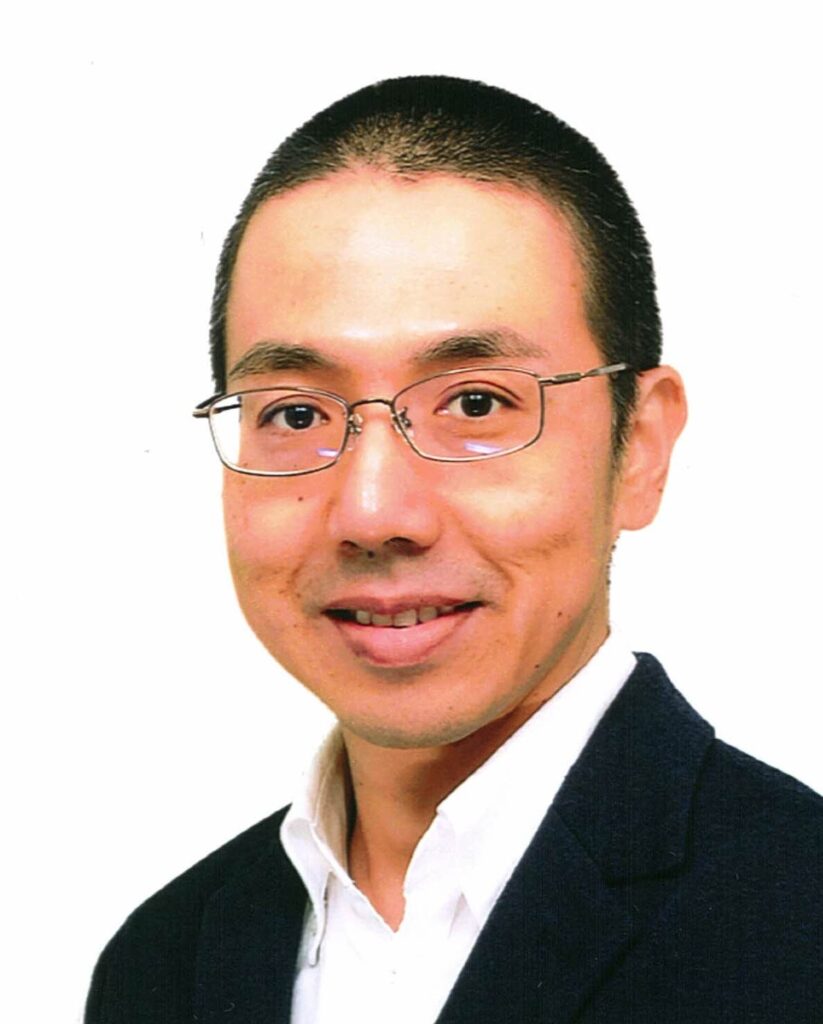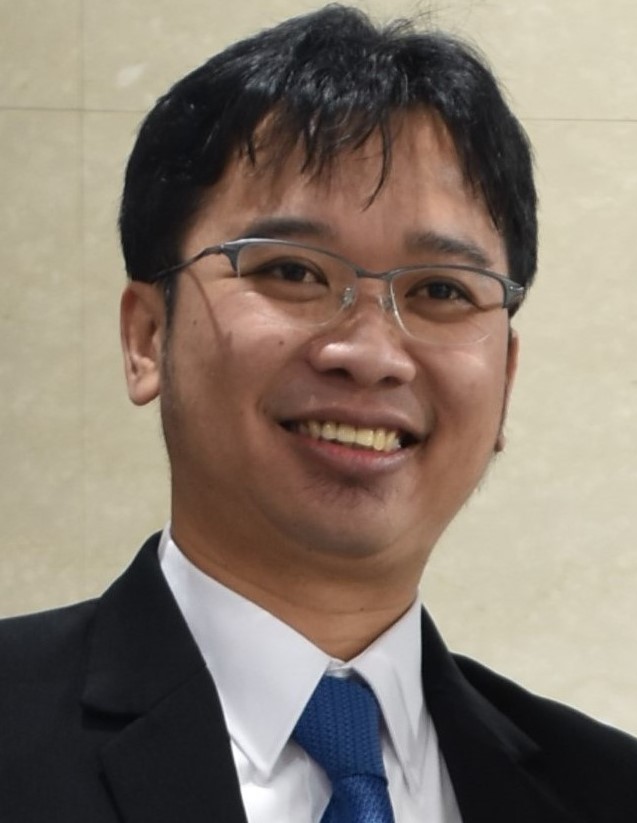
Dr. Tetsu Kubota
Project Leader (Japan)
DeLCA, SATREPS
We are facing unprecedented global challenges. No one predicted the current COVID-19 pandemic beforehand, but this is the reality today. Despite the pandemic, our endeavour for sustainable society is never end. Rather, international cooperation for global environmental issues is becoming more important, considering ongoing frequently happening unusual weather events. Sustainable and resilient society is a must for the future generations.
The Paris Agreement came into force in November 2016. As of today, a total of 191 parties have ratified the agreement, including US with the second largest GHG emissions. All the signatory parties are required to declare their “nationally determined contributions” (NDCs) to put forward their best efforts to combat climate change for a sustainable low-carbon future. The Indonesian government declared to reduce the GHG emissions by 29% (unconditional) or 41% (conditional) against the business as usual (BAU) scenario by 2030 to mitigate climate change.
Indonesia has been growing faster with annual GDP growth rates of 6.0-6.5%. Accordingly, the middle-class people are now on the rapid rise particularly in the urban areas. The middle-class was almost nil in 1990 in Indonesia, but increased to 47% of the total until 2008. A study shows that the middle-class in Indonesia will reach 100% by 2030 (Chun, 2010). While the rapid urbanisation and economic growth, Indonesia experiences a huge housing shortage of about 11.4 million by 2017. Hence, affordable housing is strongly demanded to accommodate the growing number of the new middle-class.
We develop new types of low-carbon affordable apartments for the growing cities of Indonesia in collaboration with Indonesian scholars in this project, DeLCA. The DeLCA aims to achieve “affordability” and “low-carbon” at the same time in the apartment design for middle-class people in the hot-humid climate of Indonesia towards the Paris Agreement.

Dr. Muhammad Nur Fajri Alfata
Project Leader (Indonesia)
DeLCA, SATREPS
I’d like to quote David Wallace-Wells in his book The Uninhabitable Earth published at 2019 to begin with. “It is worse, much worse, than you think,” he said, describing the current status of our earth due to the climate change. Based on his study, he warned, in a very cynical words, even if we stop all the activities producing carbon emission, the earth will not get better in the next 100 years.
The earth we live in now is completely different from that we used to live. Human activities shaped the earth and brought dramatical changes in our landscape today. Global warming as well as climate change have become major incident we are facing today. The weather and season now become more difficult to predict, with various disastrous cyclones come more frequent than before. And now, we are also facing the unprecedented severe global pandemic of Covid-19 and cause the condition more fragile and uncertain. In the other hand, the energy and other natural resources are rapidly depleted due to the rapid population growth and urbanization. We have to take action immediately to tackle down these problems. Otherwise, we are moving forward into a calamity, the uninhabitable earth.
Paris Agreement has been ratified in Indonesia, and we committed to reduce the global air temperature by 2°C from the baseline by reducing the green-house gas emission by 29% (unconditional) and 41% (by international support). Immediately, Indonesia took action after ratifying it, and any countermeasures to fight back against the climate change has been taken. A set of regulation, policy, and program has been announced to encourage the sustainable development including in the building sectors. Ministry of Public Works and Housing is one of the key actors in reducing carbon emission from the building sectors. Nevertheless, we need more comprehensive building energy codes containing any possible cooling strategies through passive design or bioclimatic design for hot-humid tropics of Indonesia.
Fight back against the climate change cannot be carried by Indonesia alone. International cooperation thus is necessary. Therefore, this project becomes a great opportunity for Indonesia to develop such a code with the support of International. We target the apartment since it rapidly increased these years and is predicted to be further increased in the following years, due to the economic growth, the rise of middle-class income, and the urbanization. Hopefully, this project achieves its goal by the end of the project and the results can be implemented in Indonesia as soon possible.